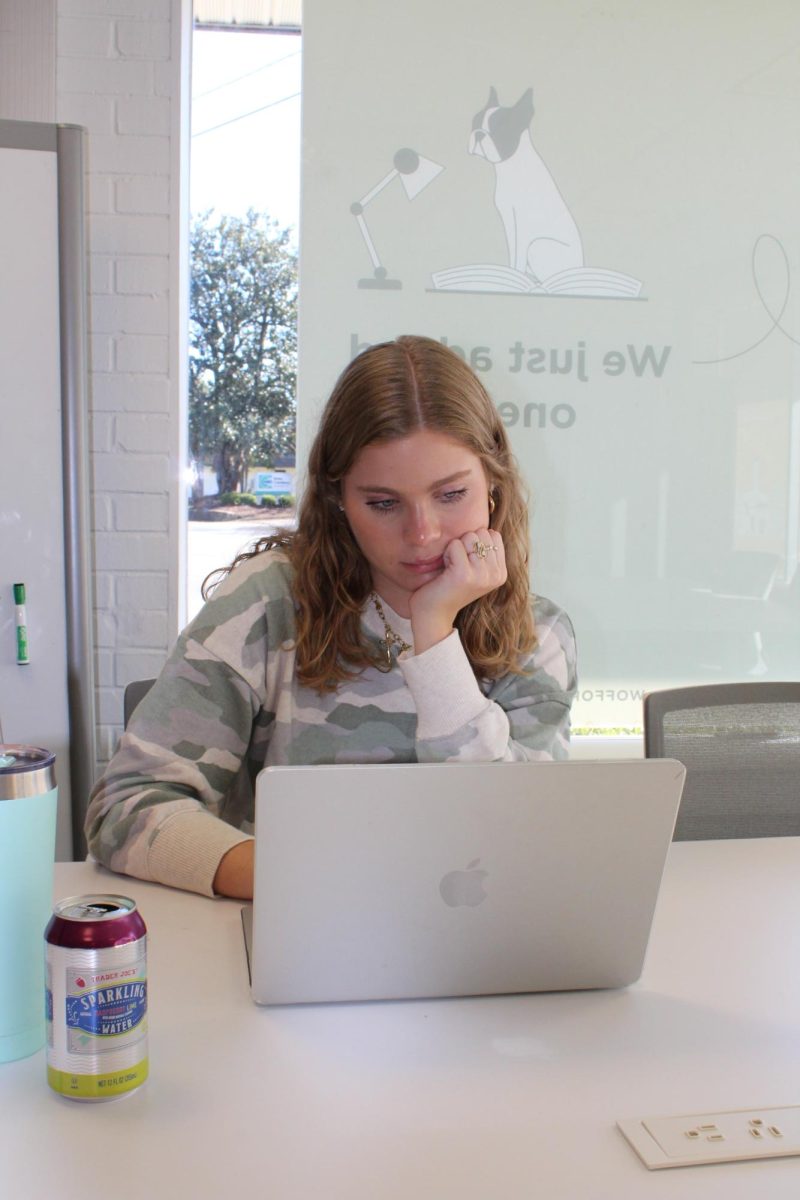By: Katie Sanders, Staff Writer
Mike James, alumna and trustee, donated the capital that started Wofford’s student-run investment group, the James Fund, in the fall of 2009. After a few successful years, the group, advised by Dr. Philip Swicegood and Dr. Mike Merriman, sought ways it could use its profit.
Today, the investment group funds micro-finance loans in Haiti and the Dominican Republic, giving students real-life investment experience with tangible results they can see and appreciate. The student leadership group consists of one managing partner, four portfolio managers and 17 research associates.
Swicegood first made connections in Haiti via Dr. Rob Robinson, college chaplain and professor of religion. Swicegood went to visit a micro-finance initiative that had already been started in Haiti and decided the James Fund could do something similar.
“I was looking for two things,” he explains. “First, is there a need we can help meet? And second, can we get students involved in any way beyond just creating the wealth here?”
The students are invited to accompany Swicegood when he travels to check in on things on the ground, although it is up to the students to fund their own expenses.
“I would love to have funding where I could take a certain number of students a year with me,” he notes. “I would love to have that endowed.”
The James Fund loans out small amounts of money to people in three different Haitian communities at an interest rate of 2 percent per month. The loans are structured in groups of five people, so that if one member can’t make their payment that month, the other four members can help them. If one member defaults on their loans, none of the other members’ loans will be renewed.
This creates a community incentive to work hard. The investment group recently added a new community in the Dominican Republic, but because of racial tensions in the country, the people who live in the poorest communities are actually of Haitian descent.
The borrowers use their loans to start businesses, for example roadside convenience stores, seamstress work or purchasing livestock to sell the meat. In Tremez, one of the Haitian communities, 30 of the 39 borrowers, who are all female, say they are using the profit from their businesses to send their children to school. Sending a child to school in Haiti costs $75 a year.
“The moms are passionate about [sending their children to school] because they know it’s the one chance they have of having a better life later on,” explains Swicegood. “If the children remain illiterate, they are pretty much destined to the cycle of poverty.”
The James Fund does not keep the profit from the interest. One third of it goes to hire someone in Haiti to go around to each community and do the monthly collections. Another third goes into a savings account for each borrower. The last third goes into a savings account for each community.
If each borrower makes all their payments, they receive the contents of their savings account at the end of each year. After three years, each community receives the contents of their savings account to use however they see fit, for example digging wells or fixing up their local clinic.
“But it’s theirs. It’s not a gift from us, or a handout,” he emphasizes. “Almost every white or Caucasian person you see in northern Haiti is there giving hand-outs. It’s good intention but creates an environment of expectation. Now when I see little kids on the streets of Haiti, they want something from me. The only English word they know is ‘dollar.’ It breaks my heart because it’s not healthy for them, or for anyone.”
Swicegood explains that the appeal of microfinance is that it encourages self-sustaining dignity and rewards hard work.
“At the end of the day, I want Haitians to feel good about Haitian leadership, and have confidence in Haitians,” he says. “Where there is good leadership, I want to support it, encourage it and foster it.”
While most members of the James Fund are economics, finance or accounting majors, this is not a requirement. All majors are welcome. The application process for the 2016-2017 school year has already passed.























